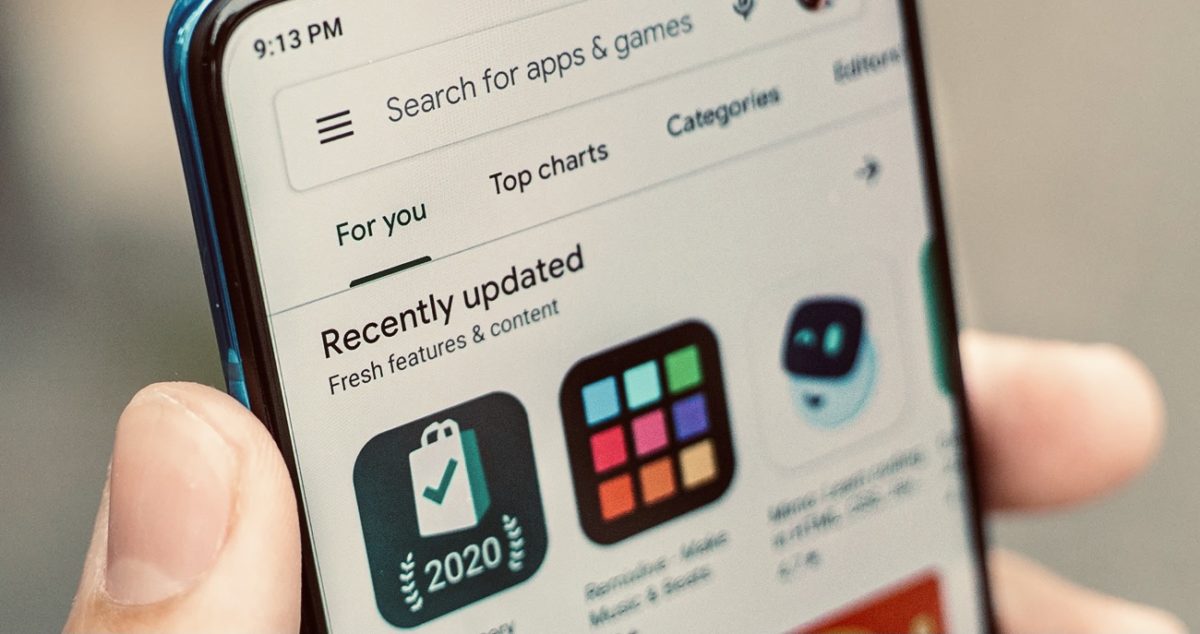A Swadeshi App Store. It may well happen.
It began with the temporary removal of the Paytm app from Google’s Android Play Store. And snowballed with Google’s announcement that it would enforce its existing policy of a 30% commission on the in-app sale of all digital goods (with some exceptions). We discussed this a couple of weeks ago.
Soon after, the founders of some of India’s best-known tech companies put out statements not just condemning Google’s policy but also its intent, calling it a new Lagaan, after the tax that the British occupation of the 19th and 20th centuries levied on Indian peasants.
Vivek Wadhwa, a Distinguished Fellow at Harvard Law School’s Labor and Worklife Program, lauded the banding of Indian entrepreneurs and likened Silicon Valley giants’ hold on India to the rising days of East India Company, which pillaged India. “Modern day tech companies pose a similar risk,” he told TechCrunch.
And they called for a local, all-Indian app store, piggybacking on the new term Atmanirbhar, one that the current government has coined to promote local manufacturing and services.
“This is the problem of India’s app ecosystem. So many founders have reached out to us… if we believe this country can build digital business, we must know that it is at somebody else’s hand to bless that business and not this country’s rules and regulations.”
Inevitably, as is the case in India, at least some heads turned to the government for help:
Even though Google said it will allow developers to sell their services through other app stores, or websites, the industry doesn’t see this as an option either. Naidu suggested that unless the government chooses to intervene, there may be no other solution. According to tech policy analyst Prasanto K. Roy, the government’s Mobile Seva Appstore has over a thousand apps and 85 million downloads, yet it is unknown among Indian users.
To which the government, of course, responded with a why nothttps://economictimes.indiatimes.com/tech/internet/centre-open-to-launching-an-indian-app-store/articleshow/78438620.cms:
Weighing in on the issue, union minister for electronics and IT Ravi Shankar Prasad said in a post on Twitter that he is happy to receive notable suggestions from Indian app developers on how to encourage the ecosystem. “Encouraging Indian app developers is vital to create an #AatmanirbharBharat app ecosystem,” he tweeted on Thursday.
The Indian government “is not averse to the idea” of launching its own app store, officials said. The existing digital store for government apps, developed by the Centre for Development of Advanced Computing (CDAC), hosts a slew of applications such as e-governance app Umang, health app Aarogya Setu and storage app DigiLocker.
Paytm has since created and advertised heavily what it calls a mini-app-store, but is in reality a catalog of shortcuts to 3rd party web apps. Google has postponed the implementation of its policy to 2022.
In this tale, everyone’s actions and responses have been predictable. Google’s been tone-deaf and has immediately switched to appeasement. Tech company founders have been cynically opportunistic. They have been happy with Google’s (and Apple’s) stores for distribution, even advertising heavily on them, until the moment it worked against them and they switched immediately to victim mode, some even raising the spectre of neocolonialism. Though they’re among the most visible figures of India’s capitalists, they’ve quickly appealed to the government for a solution favourable to them, further pushing the nationalist angle. And of course the Indian government, regardless of its political learnings, is happy to intervene and get into the business of running business.

